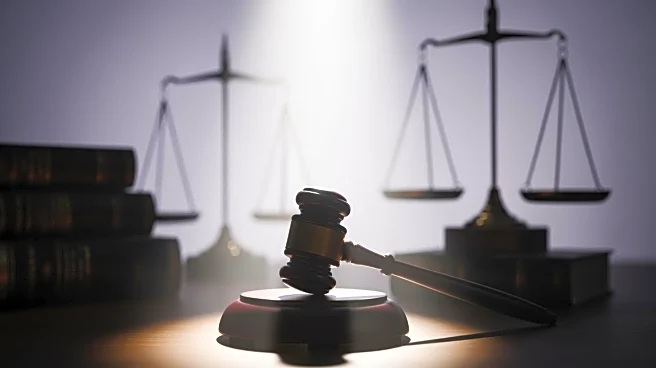What's Happening?
The Supreme Court is set to hear arguments in a case that could impact the Voting Rights Act, focusing on Louisiana's electoral districts. The case challenges whether race can be considered in drawing
congressional maps, with implications for minority representation. A group of Black voters has appealed a lower court's finding that a voting map with a second Black-majority district was guided too much by racial considerations. The case could lead to changes in how congressional districts are drawn, affecting the partisan balance in Congress.
Why It's Important?
The potential ruling by the Supreme Court could have significant implications for minority representation and the partisan balance in Congress. By challenging the Voting Rights Act, the decision could lead to a shift in power dynamics, favoring Republican legislatures in the South. This case highlights ongoing debates about race, representation, and electoral fairness in the U.S., with implications for future redistricting efforts. The decision could set a precedent for future challenges to the Voting Rights Act and influence legislative strategies nationwide.
What's Next?
The Supreme Court's decision is expected to be issued by late June or early July, but could come sooner given the case's significance. If the court rules in favor of the GOP, states may need to redraw their congressional maps, potentially affecting the 2026 midterm elections. The decision will likely prompt reactions from political leaders, civil rights groups, and legal experts, as stakeholders assess the impact on electoral representation and minority rights. The case could set a precedent for future challenges to the Voting Rights Act and influence legislative strategies nationwide.










